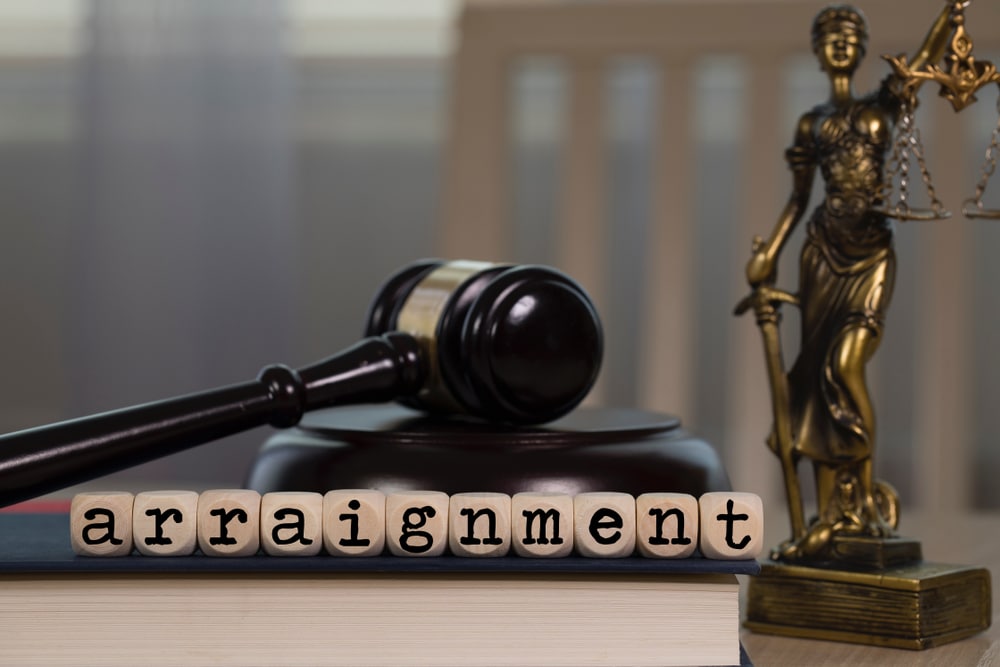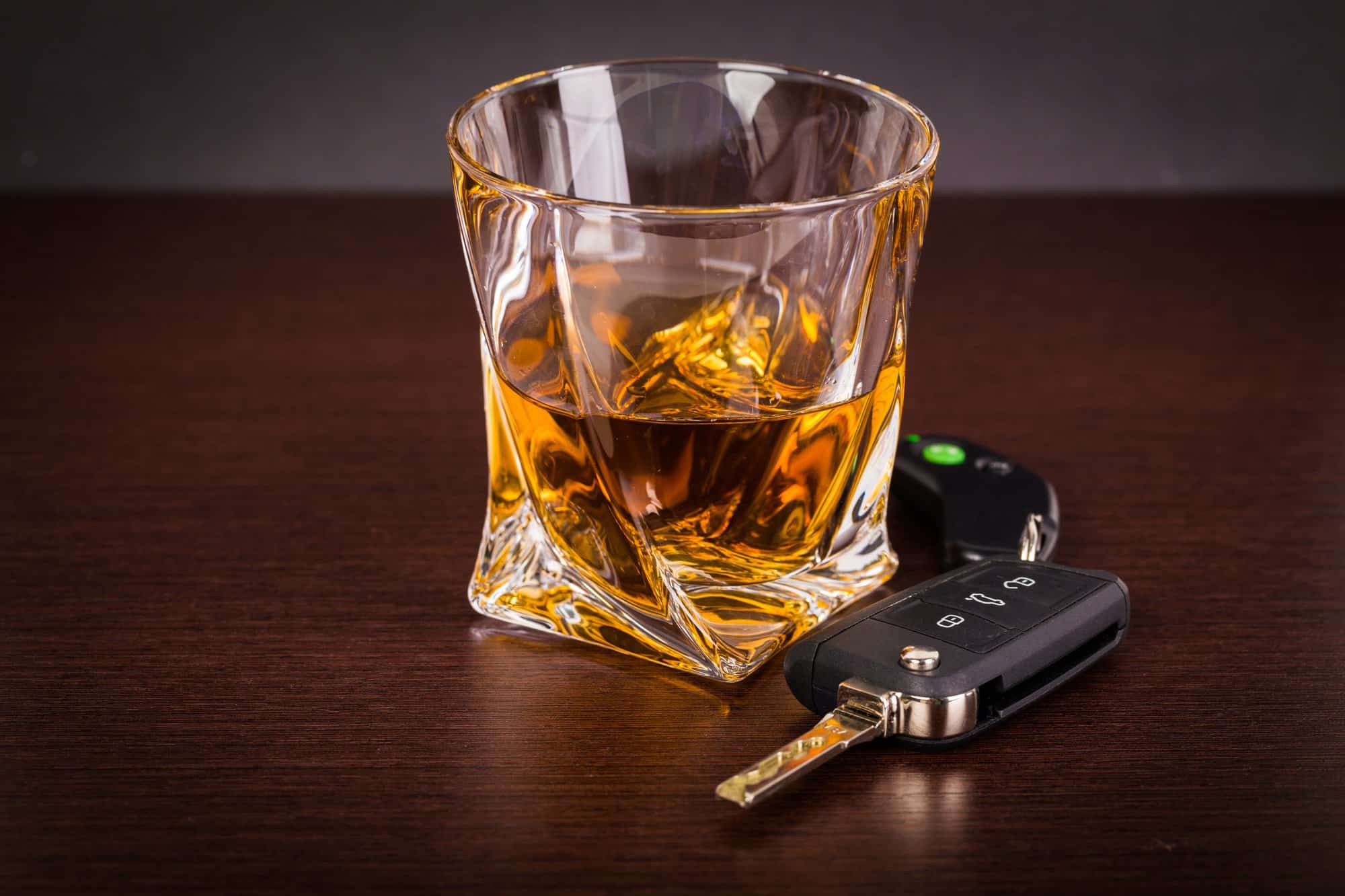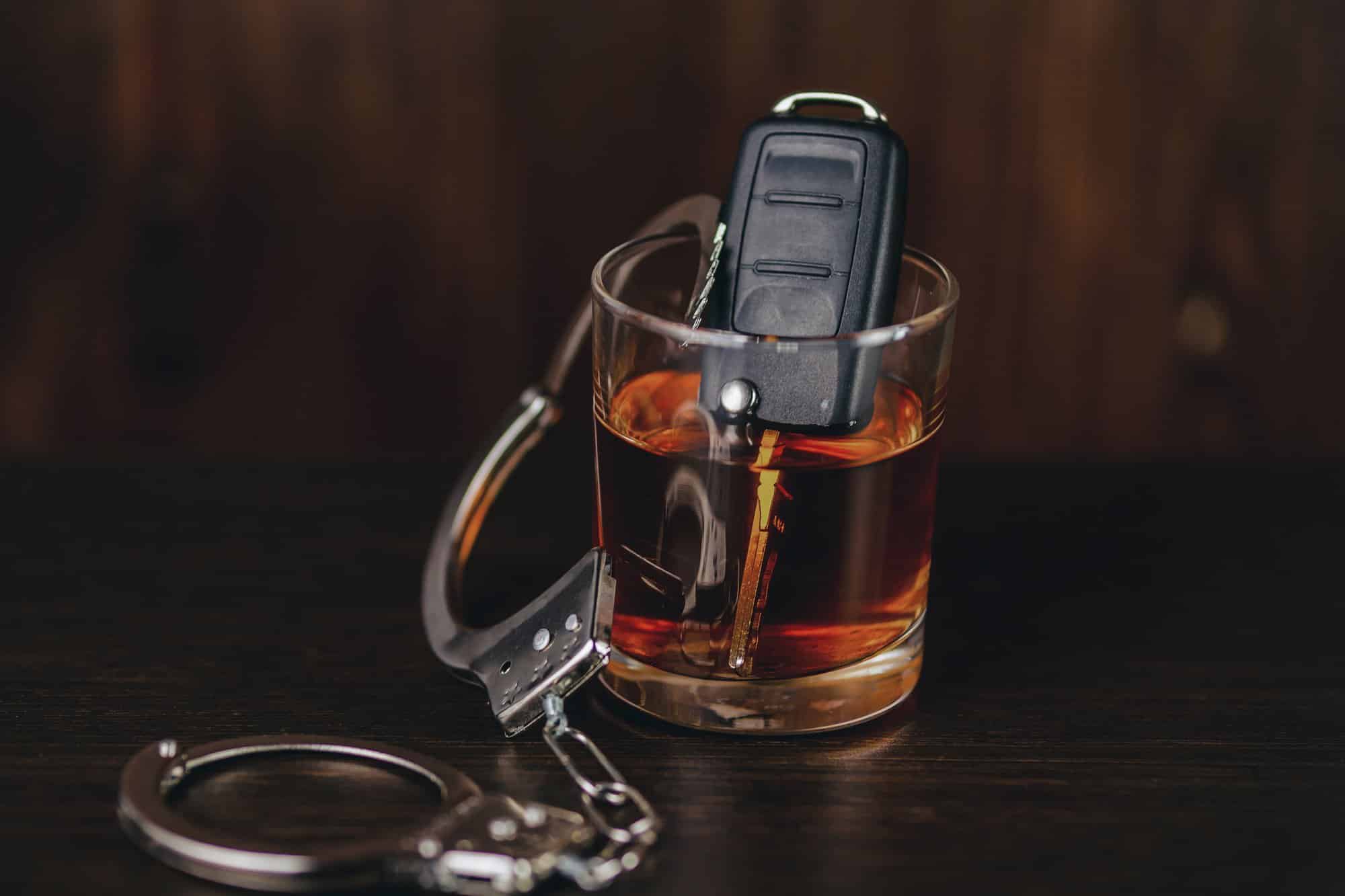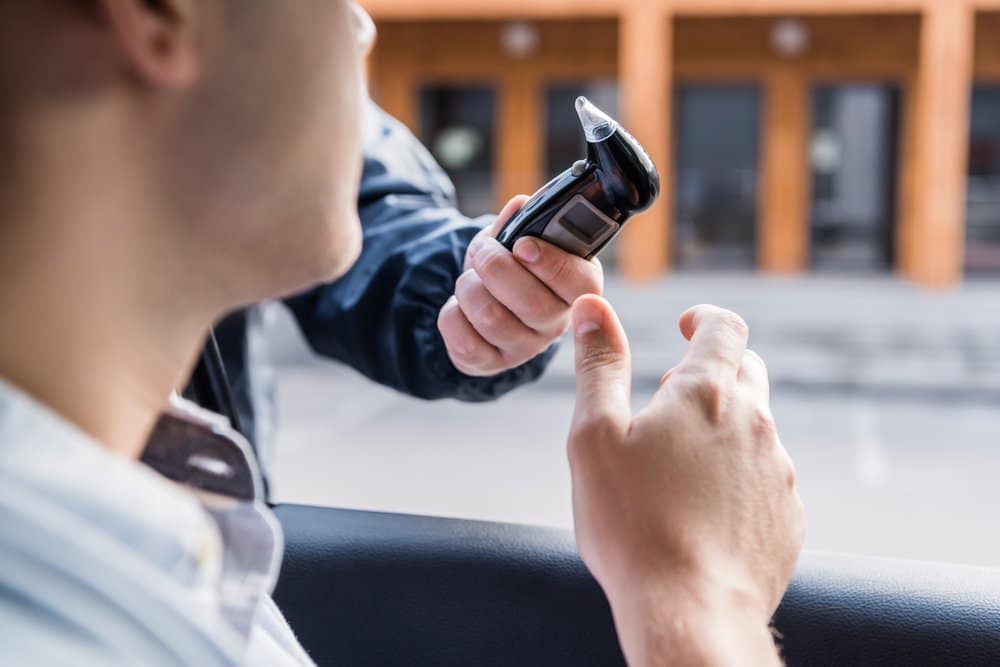If you have been arrested for a crime, the first time you will appear in court is at a proceeding called an arraignment. The purpose of the arraignment is for the judge to read the charges against you and find out how you intend to plea. You will also be told what your rights are, including the right to have a trial in your case. If you’ve been arrested for a crime, it’s essential to have an experienced criminal defense attorney by your side every step of the way, including at your arraignment.
What Happens at an Arraignment?
During an arraignment, the prosecutor will present the judge with a criminal complaint that is based on evidence collected by the police. This document will state the charges against you. You will also tell the court how you’ve decided to plea in your case.
There are three different types of pleas you can enter at arraignment including the following:
- Not guilty plea — When you enter a not guilty plea, you are informing the court that you have a viable defense and are requesting that a trial be held in your case.
- Guilty plea — A guilty plea means that you admit to having committed the crime.
- No contest plea — A no contest plea says that you agree to accept the conviction but don’t admit to guilt.
If you enter a plea of guilty, you are giving up certain rights. Specifically, you are waiving the right to a trial by a jury of your peers, the right to confront your accuser, and the right to not incriminate yourself. By entering a plea of not guilty, the prosecution is required to prove their case against you beyond a reasonable doubt. It’s best to consult with a knowledgeable defense attorney who can evaluate your case and assess the best course of action.
What Happens After an Arraignment?
If you were in jail before the arraignment, the prosecutor can ask the judge to keep you in jail or set bail. However, it should be noted that the use of money bail has been eliminated for most misdemeanors and lower-level felonies in New York. The judge may also release you on your own recognizance upon the promise that you will return to court for a future court date without posting any bail.
If you are released after the arraignment, you must return to the court when ordered to do so. Failure to appear can result in a bench warrant being issued for your arrest. This means that the police will be directed to find you and bring you to court. They may take you into custody anywhere and at any time. Notably, there is a 30-day grace period in New York after a missed court date before the warrant will be issued — you may be able to avoid a bench warrant if you appear in court within that time frame.
Plea Bargaining
Many people choose plea deals instead of going to trial because of the certainty of the outcome. A plea bargain can be entered into at any time during a case, from the arraignment until a verdict has been reached in a trial. When a plea deal is made with the prosecution, you agree to plead guilty in exchange for a lesser sentence. Once a plea bargain has been made, it must be approved by the judge.
Contact an Experienced New York Criminal Defense Attorney
If you’ve been charged with a crime, it’s critical to have the representation of a skillful criminal defense attorney who can protect your rights. The attorneys at D’Emilia Law offer trusted representation and aggressive advocacy for a wide range of criminal offenses and are committed to securing the best possible results in each case. To schedule a consultation, contact us at 1-888-DEMILIA.











